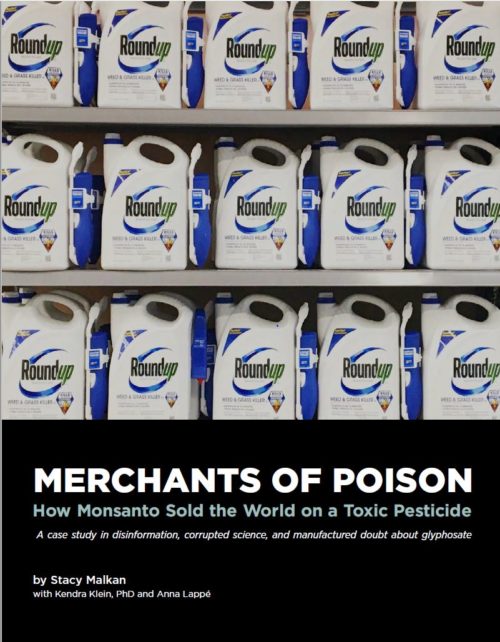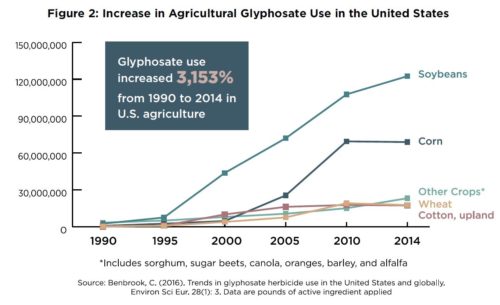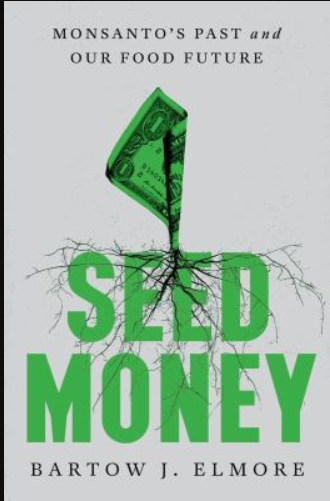More pro-GMO info from the FDA
I’m working on a new edition of What to Eat and am spending a lot of time in grocery stores seeing what’s new and different since 2006—vastly more than I thought when I signed up to do this project, which is why it is taking a long time to do.
One change is in the number of products displaying Non-GMO labels. The Non-GMO Project says it has certified 60,000 products, and I believe it.
On the other hand, don’t expect to see labels on foods that are genetically modified even though they are required. With much searching, I found a few on shipping boxes but not on grocery shelf labels.
So I’m interested to see what the FDA is saying about genetically modified foods.
It sent out a press release recently.
Today, the U.S. Food and Drug Administration (FDA) released new “Feed Your Mind” educational materials to provide science-based information on genetically modified organisms (GMOs). “Feed Your Mind” is an education initiative launched in 2020 to help increase consumer understanding of GMOs and was developed in partnership with the U.S. Department of Agriculture and the U.S. Environmental Protection Agency.
The new materials for consumers include:
- A factsheet about how scientists use genome editing to develop food crops that address the needs of a growing global population and adapt to a changing environment:
- Infographics about how growing GMOs can have environmental benefits and benefit the lives of farmers and consumers:
- Videos featuring how GMOs are regulated in the U.S. and experts who grow them:
…Funding for the “Feed Your Mind” initiative was provided by Congress in the Consolidated Appropriations Act of 2017 to conduct “consumer outreach and education regarding agricultural biotechnology and biotechnology derived food products and animal feed, including through publication and distribution of science-based educational information on the environmental, nutritional, food safety, economic, and humanitarian impacts of such biotechnology, food products, and feed.” More funds were provided through 2018 and 2019 Appropriations bills.
For More Information
- Feed Your Mind – Agricultural Biotechnology Initiative
- Resources for Healthcare Professionals
- FDA Releases New “Feed Your Mind” Education Materials on GMOs for Consumers, Health Educators, and Health Care Providers (August 2022)
- FDA Releases New “Feed Your Mind” Consumer Education Materials (September 2020)
The last time I wrote about the FDA’s GMO initiatives, I titled the post “The FDA’s new pro GMO propaganda.” I pointed out that the FDA’s materials stick with limited issues, and say nothing about:
- Corporate control of commodity agriculture
- Glyphosate, the herbicide used with GMOs and considered carcinogenic by international health agencies and US courts
- How pesticides used on GMO crops contaminate organic production
- The ways GMO companies harrass independent farmers by enforcing intellectual property rights
- How the Farm Bill subsidizes GMO corn and soybeans, causing them to be overproduced and corn to be used for ethanol
- The lack of labeling of the few GMO foods on the market.
No wonder sales of organic foods are booming and so many people look for Non-GMO labels on food products.
*******
For 30% off, go to www.ucpress.edu/9780520384156. Use code 21W2240 at checkout.







